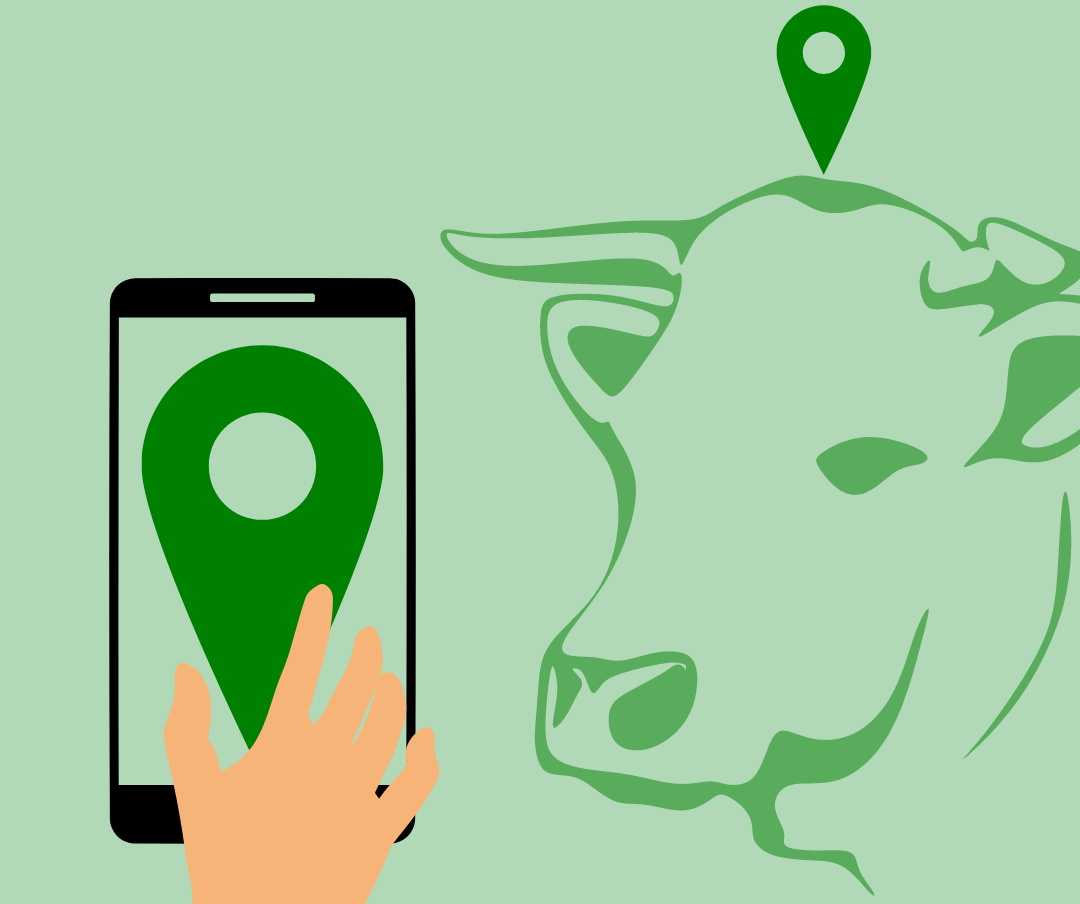Production animal remote monitoring technologies have revolutionized the way livestock farming and agricultural production are managed. These technologies have enabled farmers and producers to monitor the health and well-being of their animals in real-time, resulting in improved productivity, animal welfare, and profitability.
Remote monitoring technologies can track a variety of animal health and production parameters, including body temperature, heart rate, respiratory rate, feed intake, water consumption, and activity levels. This information can be transmitted wirelessly to a centralized database, where it can be analyzed and used to make informed decisions about animal management.
One of the most significant advantages of remote monitoring technologies is their ability to detect health problems early. By continuously monitoring animal parameters, farmers and producers can identify changes in behavior and physiological indicators that may indicate the onset of disease or other health issues. This allows for timely intervention and treatment, which can reduce animal mortality rates, increase productivity, and improve overall animal welfare.
Remote monitoring technologies can also enhance feed efficiency and reduce waste. By monitoring feed intake and digestion rates, farmers can adjust feed rations to optimize nutrient utilization, reduce feed costs, and improve animal performance. Similarly, by monitoring water consumption, farmers can ensure that animals have access to clean, fresh water at all times, which is essential for optimal health and production.
Another benefit of remote monitoring technologies is their ability to reduce labor costs and increase efficiency. By automating data collection and analysis, farmers and producers can save time and resources that would otherwise be spent on manual monitoring and data entry. This allows for more efficient use of labor and resources, which can ultimately lead to increased profitability.
There are several types of remote monitoring technologies available for livestock farming and agricultural production. These include wearable sensors, smart ear tags, and cameras. Wearable sensors are typically placed on an animal’s body and can track a range of physiological parameters. Smart ear tags are similar to traditional ear tags but include sensors that can monitor animal behavior and health. Cameras can be used to monitor animal behavior and activity levels, as well as to detect signs of distress or illness.
Production animal remote monitoring technologies have the potential to revolutionize livestock farming and agricultural production. By providing real-time data on animal health and production parameters, these technologies can enable farmers and producers to make informed decisions about animal management, reduce labor costs, and increase efficiency. As these technologies continue to evolve and become more accessible, we will see the true beneficial impacts on a larger scale. With the goal of feeding the world, revolutionary production animal technologies can have significant impacts on global health, and as animal health recruiters, we want to play our part in getting people into the animal health field to further these profound innovations. If you’re interested in learning more about up-and-coming animal health technologies or want to make a career change in the animal health sector, reach out to Michele Baxley (Michele@BoazPartners.com) to get the inside scoop on current and future roles.
Are you looking for top talent in the Specialty Chemical, Advanced Materials, or Animal Health industry?
Contact us to discuss how we can bring top leadership talent to your team. Boaz Partners is a premier executive search firm focused on the direct recruitment of executives and professionals for the specialty chemicals and animal health space. We are your partner, and our focus is on custom recruiting solutions. Follow the link to learn more about how our animal health recruiters can help you.
